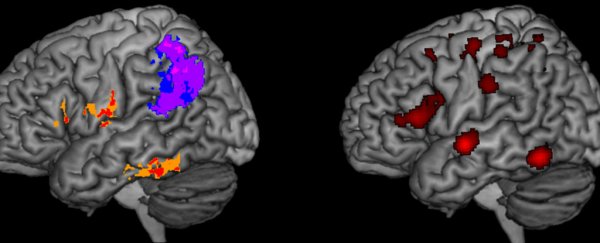Most of us will be familiar with the sort of stress that leads to sleepless nights. In new research on mice, scientists have now identified the brain circuit involved in such experiences; moreover, this part of the brain also seems to be linked to a stress-induced weakening of the immune system.
Immunity, stress, and sleep could all be connected by this same circuit of neurons, researchers say, though so far the connection has only been discovered in mice. If this link is also present in humans, treatments could be developed to target it.
"This sort of stress-induced insomnia is well known among anybody that's tried to get to sleep with a looming deadline or something the next day," says neuroscientist Jeremy Borniger, from Cold Spring Harbor Laboratory (CSHL) in New York.
"And in the clinical world, it's been known for a long time that chronically stressed patients typically do worse on a variety of different treatments and across a variety of different diseases."
The stress hormone cortisol is thought to be responsible for disrupting sleep and damaging the body's immune system. The first discovery in this research was a link between a group of cortisol-releasing neurons sensitive to stress, and a group of neurons associated with insomnia.
When the link was blocked by the researchers, mice were able sleep peacefully even after a stressful experience. On the flip side, stimulating the stress-sensitive neurons was enough to bring the animals out of their slumber.
"It seems like it's a pretty sensitive switch, in that even very weak stimulation of the circuit can drive insomnia," says Borniger.
Borniger and his colleagues were then able to establish that stimulating this part of the brain was also producing a biological reaction that looked a lot like the standard immune response to stress.
Messing with this circuit also disrupted the way cortisol is released from the brain, leading to changing levels of immune cells and a breakdown in signalling between them. It looks as though the same group of stress-related neurons drive the consequences for both sleep and immunity.
Systemic inflammation – where the body's defences mistakenly go into overdrive when they don't need to – is associated with a variety of diseases and health problems, from cancer to inflammatory bowel disease and psoriasis. This new discovery might one day give us another way to fight it.
"If we can understand and manipulate the immune system using the natural circuitry in the body rather than using a drug that hits certain targets in the system, I think that would be much more effective in the long run," says Borniger.
The research has been published in Science Advances.
